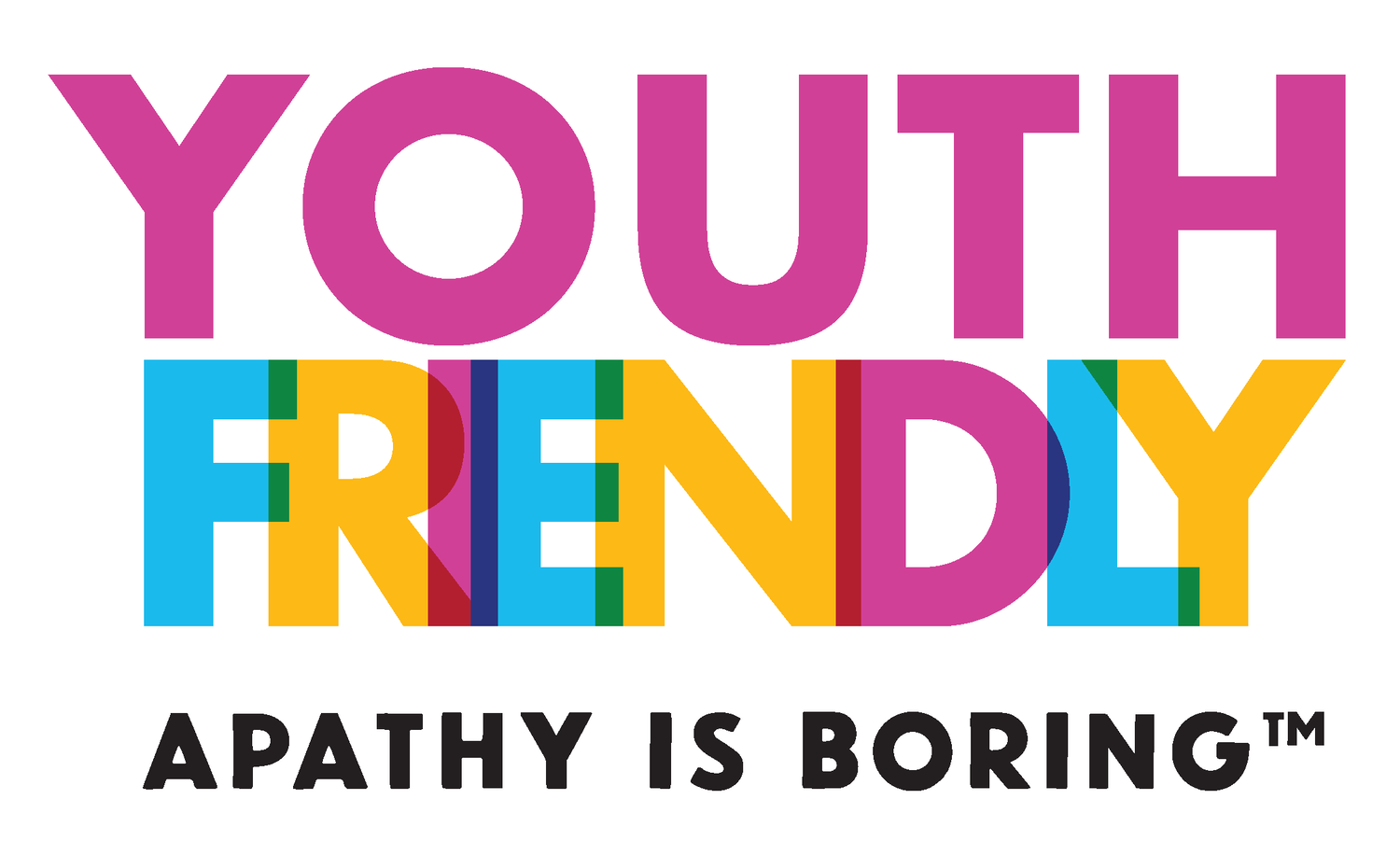EXECUTIVE SUMMARY
The COVID-19 pandemic has affected Canadians of all ages, from the youngest children unable to join pre-school activities or spend time with their grandparents, to the oldest seniors most susceptible to the virus itself. Gen Z and Millennial Canadians – those between the ages of 18 and 40 – have had their own particular concerns. The youngest among them are in the process of completing secondary school and embarking postsecondary education in the midst of school closures and a shift to online learning. Those who have completed their education are transitioning into the labour market during a prolonged economic shutdown. Older Millennials are managing the effects of the pandemic while juggling both emerging careers and the needs of young families and aging parents.
In this context, the attention of Gen Z and Millennial Canadians, not surprisingly, has been captured by the pandemic. COVID-19 was the news and current affairs issue they followed most closely in the few months preceding the Canadian Millennial and Gen Z Social Values Study, conducted in the fall of 2020, and it was also most likely to be mentioned as the most important problem facing the world today. At the same time, the pandemic has not displaced all other concerns: for many members of these two generations, the environment and climate change also remain top of mind, especially when thinking about the longer term. This is particularly the case for younger members of Gen Z, who are less likely to mention the pandemic, and more likely to mention the environment or climate change, as the most important problem facing the world today.
A majority of Canada’s younger generations (those between the ages of 18 and 40) also say that the COVD-19 pandemic has had either a major or at least a moderate impact on their lives. The impact is most likely to have been felt in terms of emotional health and well-being: two in three report that the pandemic has had a major or moderate impact in this area of their lives. Three in five report a major or moderate impact on their ability to continue with their work or education, and on their day-to-day finances and ability to pay bills. Younger members of these generations, women, students and those looking for work, and those who identify as Indigenous, Black or South Asian are all more likely to report significant impacts from the pandemic.
Few members of the Millennial and Gen Z generations expect the pandemic to end quickly. Only one in ten expect their life to return to normal within the next six months (roughly, by the spring of 2021).
A majority of Millennial and Gen Z Canadians are also confident that real progress can be made over time in addressing pandemics like COVID-19 at the global level. Younger members of Gen Z (those age 18-21) are the most confident that this kind of progress can be made. Notably, Millennial and Gen Z Canadians are more likely to expect progress in addressing pandemics than they are in the case of climate change. Just as Millennial and Gen Z Canadians are more likely to see climate change than COVID-19 as the biggest problem facing the world in the future if nothing is done to address it, they are also more likely to have confidence in the world’s ability to make progress in dealing with pandemics than with climate change.
Fill out this mini-form to get the full report in PDF.

